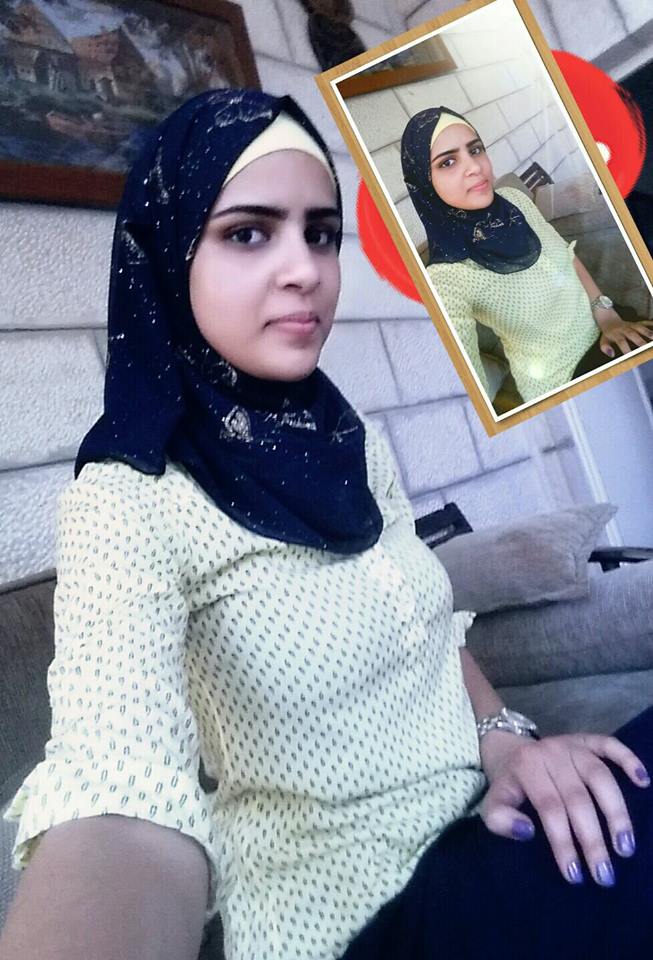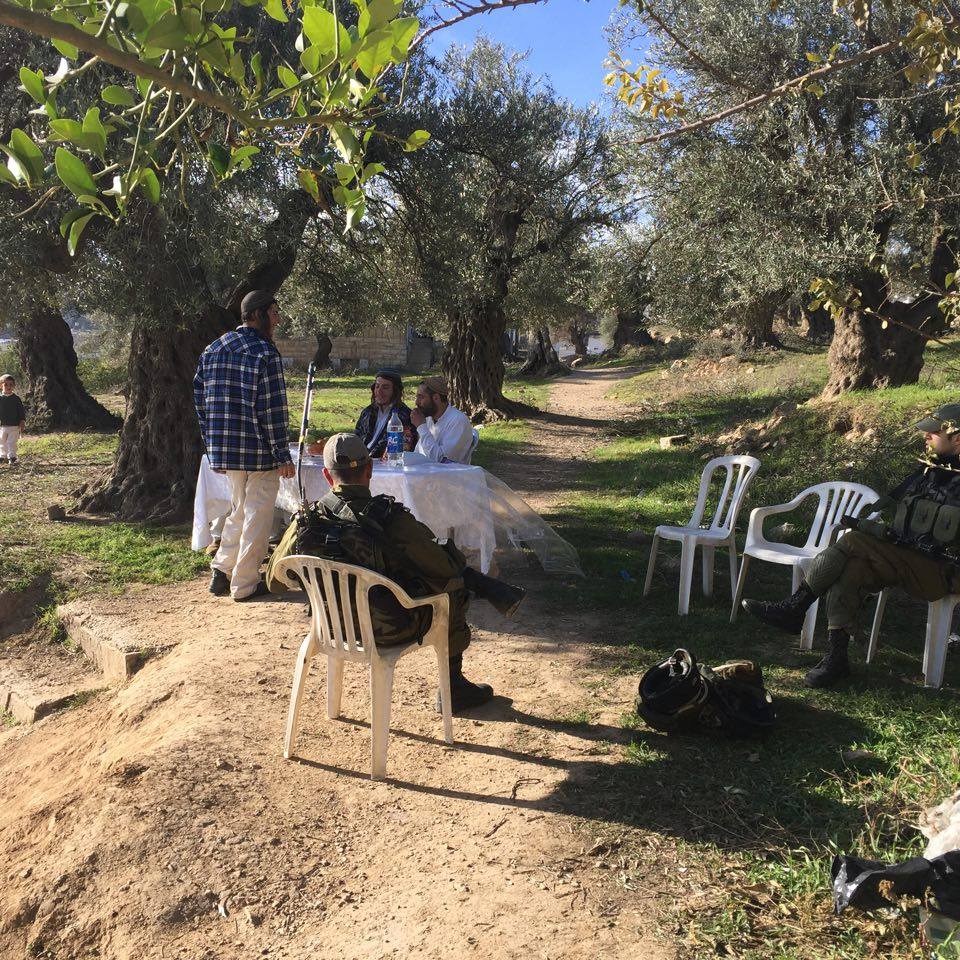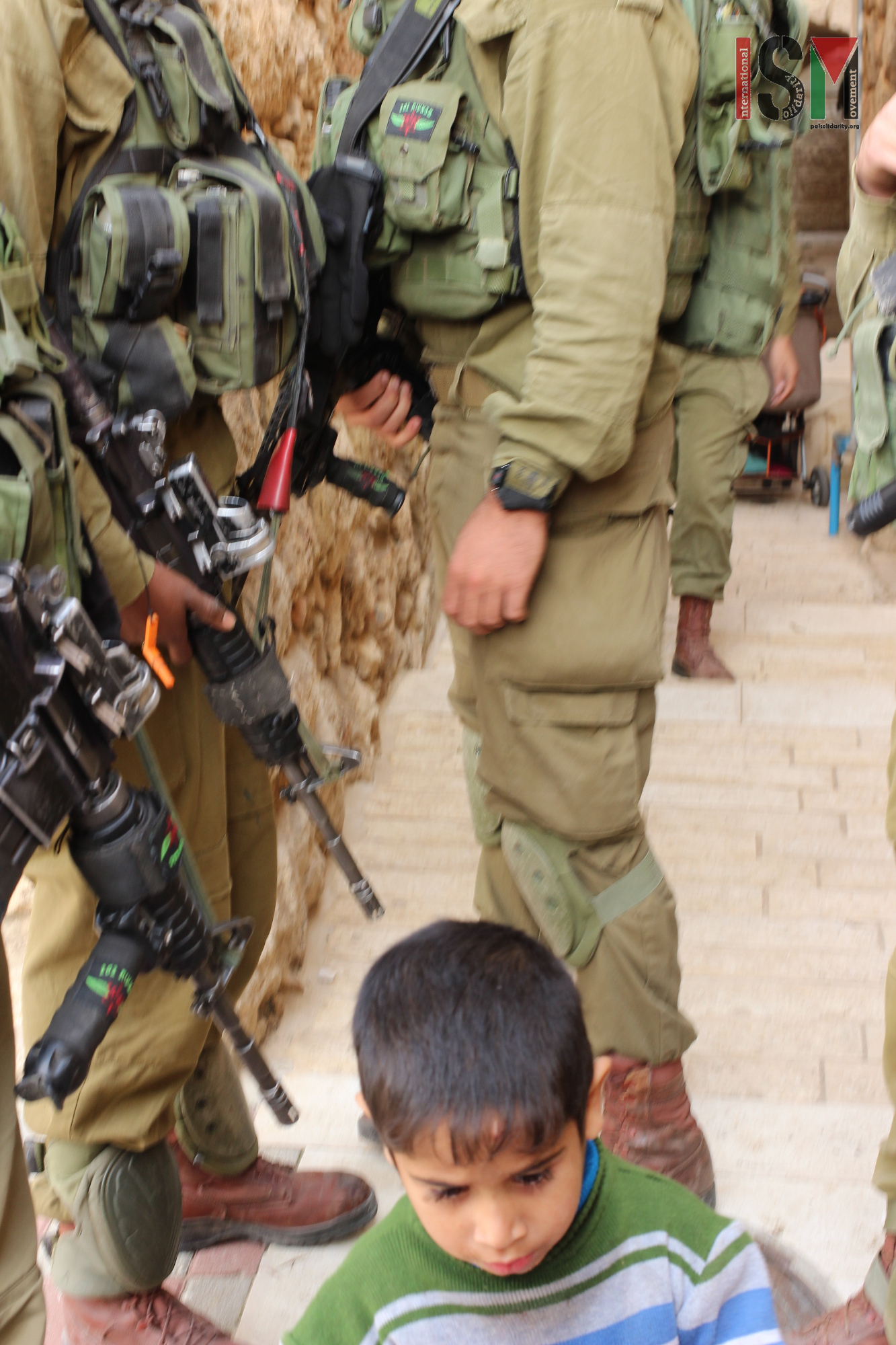Tag: Prisoner
-
Young prisoner, Marah, is fighting medical negligence to get her high school diploma
|December 23rd 2015 | Hamza Abu Eltarabesh | Gaza, occupied Palestine Palestinian journalist from Gaza, born in 1991, studied journalism at the Islamic University of Gaza, and works as a freelance journalist for various local media outlets. Participated in covering the third aggression against Gaza, & basically writes in social and political issues. (According…
-
Arbitrary arrest of local activists as settlers lay siege to soumud house in Hebron
28th November 2015 | International Solidarity Movement, al-Khalil team | Hebron, occupied Palestine Yesterday night, Israeli forces arrested two activists from the local activist group Youth Against Settlement in occupied al-Khalil (Hebron). Illegal settlers, under the protection of the Israeli forces, then layed siege to the YAS center, the Soumud house, trapping everyone inside. Israeli…
-
Call from Palestine: Stop the execution of our children
27th November 2015 | International Solidarity Movement, al-Khalil team | Hebron, occupied Palestine We, the undersigned Palestinian political forces and organizations, appeal to local and international institutions, human rights organisations and democratic forces for immediate and decisive action concerning the execution of Palestinian children by Israeli occupation forces and settlers. To date, 18 Palestinian children…



